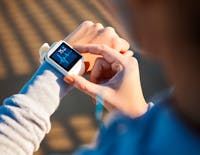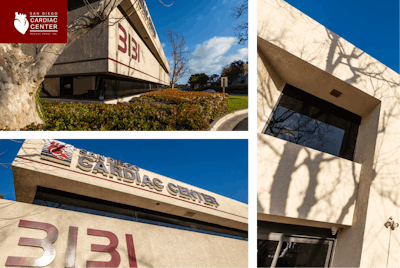An Electrocardiogram, or EKG, is among the most common basic tests for heart function and evaluate cardiovascular diseases. The test reveals your cardiac rhythm (heartbeat) and can identify a range of heart health issues, including heart attack, ischemia, heartbeat abnormalities, and other conditions affecting the cardiovascular system.
Preparing for your EKG test: What do you need to do?
You have very little preparation for an EKG test. On the day of your test, do not put any oils or creams on your skin, and wear a shirt or top that can easily be opened or removed for the placement of the electrodes. The test takes only minutes and is painless. If you have a hairy chest, it may need to be shaved so the electrodes can make close contact with your skin.



